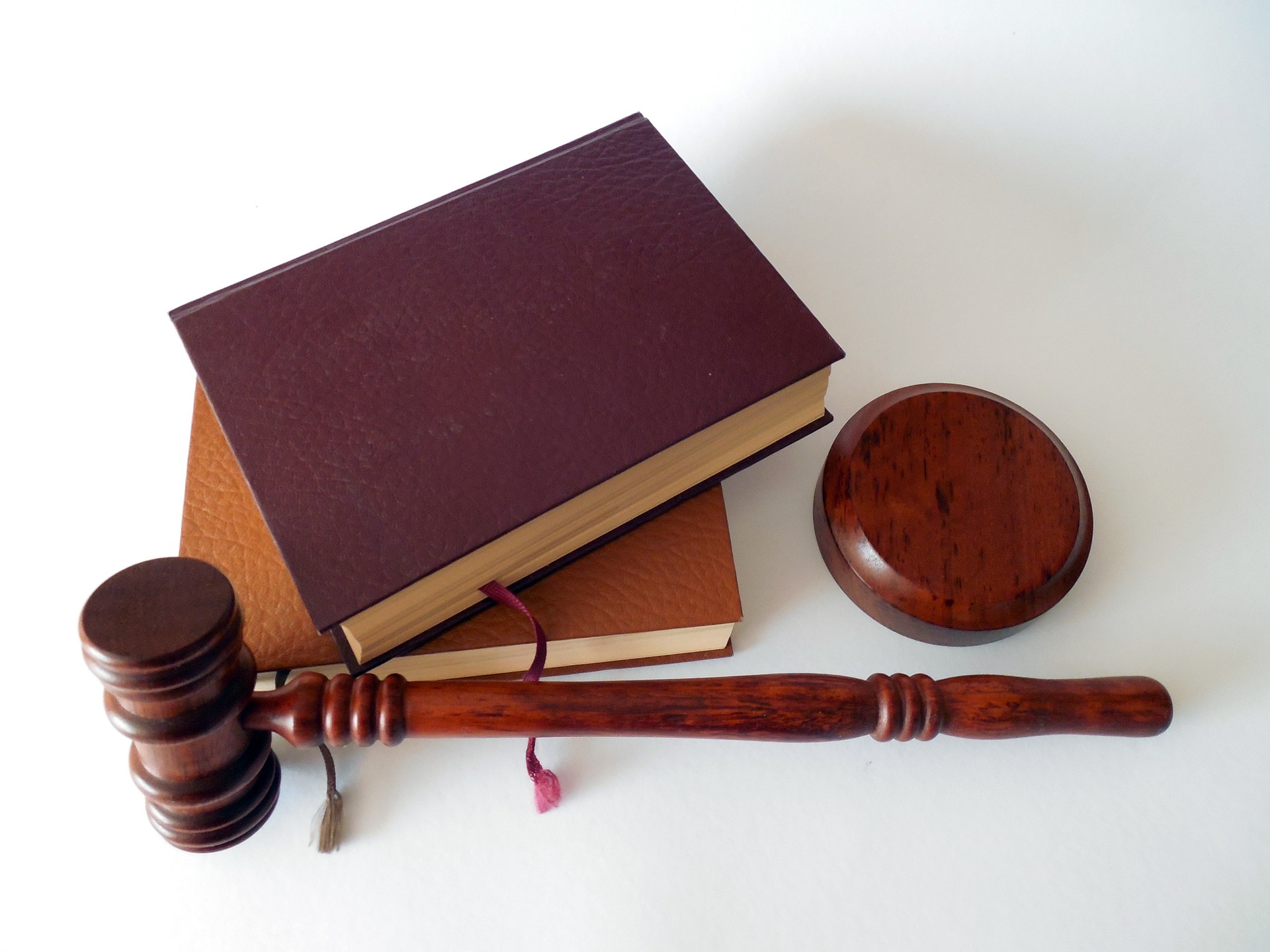"Revisiting the Modern Role of Martial Law in Democracies"
Introduction: Despite its infrequent application in modern times, martial law retains a significant place in the legal landscape of democracies. This article will explore this potent yet controversial legal concept, tracing its historical roots, recent applications, and potential implications for society.
The Historical Underpinnings of Martial Law
Martial law, characterized by the suspension of ordinary law and the imposition of military authority, has its roots deep within the annals of history. Ancient Roman law provided for the appointment of a dictator during times of military crisis, a precursor to the principle of martial law. However, it wasn’t until the 19th century when martial law began to take its modern form, especially during times of civil unrest and war. The U.S. Civil War and British rule in colonial India were key examples of martial law applications. The legal framework for martial law has since evolved, with countries establishing specific constitutional provisions to govern its declaration and operation.
Martial Law in the Contemporary World
The 21st century has seen sporadic applications of martial law, primarily in response to security threats and civil unrest. For instance, the Philippines declared martial law in Mindanao in 2017 following a terrorist attack. In the United States, the concept of martial law remains a subject of intense debate, particularly concerning its potential impact on civil liberties. However, the legal prerequisites to declare martial law have been strictly defined, and its application remains an exception rather than a rule.
Legal Intricacies and Legislative Developments
The legal landscape of martial law has changed dramatically over the years. The advent of international human rights law has significantly influenced the operational aspects of martial law. Certain rights, such as the right to life and prohibition of torture, can never be suspended, even under martial law. Recent legislation in various jurisdictions has further tightened the requirements for declaring martial law, ensuring its use remains a last resort during extreme circumstances.
Implications and Societal Impact
The declaration of martial law has profound implications for society. While it can provide the state with necessary powers to restore order during crises, it also carries the risk of abuse and the potential to infringe upon civil liberties. Striking the right balance between national security and individual rights remains a delicate task for the government and judiciary.
The Future of Martial Law
Given the evolving legal landscape and the increasing emphasis on human rights, the future of martial law in democracies is likely to be characterized by more stringent controls and safeguards. Technological advancements may also influence how martial law is implemented, potentially offering more refined tools to handle crises without resorting to widespread suspensions of ordinary laws.
In conclusion, while martial law may appear anachronistic in modern democracies, it retains relevance as a legal tool during exceptional circumstances. Its future will likely be shaped by the constant tug-of-war between the imperatives of national security and the preservation of fundamental rights.





